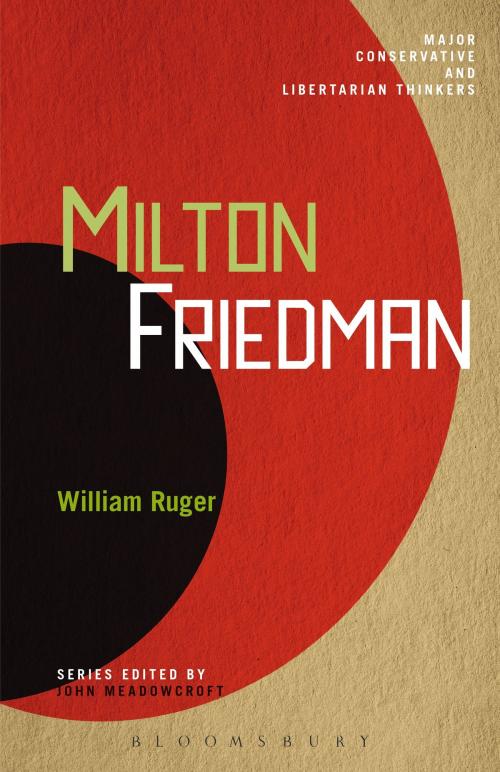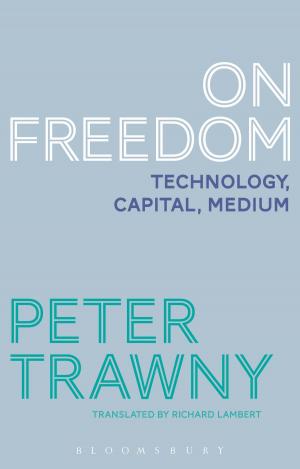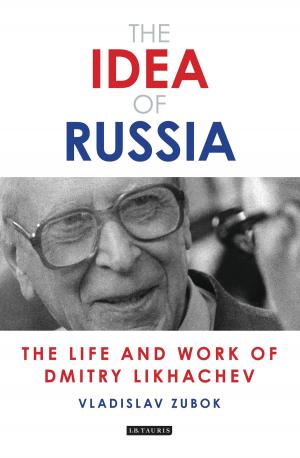Milton Friedman
Nonfiction, Social & Cultural Studies, Political Science, Politics, History & Theory| Author: | Dr. William Ruger | ISBN: | 9780826425959 |
| Publisher: | Bloomsbury Publishing | Publication: | September 26, 2013 |
| Imprint: | Bloomsbury Academic | Language: | English |
| Author: | Dr. William Ruger |
| ISBN: | 9780826425959 |
| Publisher: | Bloomsbury Publishing |
| Publication: | September 26, 2013 |
| Imprint: | Bloomsbury Academic |
| Language: | English |
Milton Friedman (1912-2006) was one of the most important 20th century advocates of libertarian and conservative ideas in academia and amongst the wider public. He made a critical contribution to the development of the free market and monetarist economics that challenged the dominant interventionist and Keynesian paradigm throughout the developed world. His books, popular writings, and television programmes, were crucial to the public understanding of the role of the market in the promotion of human freedom and well-being. This outstanding sets out Friedman's intellectual contribution to economic methodology and our understanding of a host of economic phenomena, including the relationship between consumption and income, the workings of flexible exchange rates, and the relationship between inflation and the supply of money in the economy. Dr Ruger also sets out Friedman's contribution to political theory, discussing Friedman's work on the relationship between economic and political freedom, the social responsibilities of business, and the proper relationship between the individual and the state, particularly in the context of conscription, drug prohibition and discrimination.
Milton Friedman (1912-2006) was one of the most important 20th century advocates of libertarian and conservative ideas in academia and amongst the wider public. He made a critical contribution to the development of the free market and monetarist economics that challenged the dominant interventionist and Keynesian paradigm throughout the developed world. His books, popular writings, and television programmes, were crucial to the public understanding of the role of the market in the promotion of human freedom and well-being. This outstanding sets out Friedman's intellectual contribution to economic methodology and our understanding of a host of economic phenomena, including the relationship between consumption and income, the workings of flexible exchange rates, and the relationship between inflation and the supply of money in the economy. Dr Ruger also sets out Friedman's contribution to political theory, discussing Friedman's work on the relationship between economic and political freedom, the social responsibilities of business, and the proper relationship between the individual and the state, particularly in the context of conscription, drug prohibition and discrimination.















